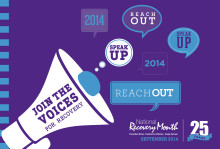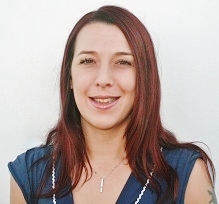 What a day for a very special man here in Canning Vale, Perth, Western Australia. My good friend Michael Scott is celebrating his 45th Recovery Birthday. A wonderful achievement! Congratulations, Michael. I remember vividly Michael’s description of his last drink, written ten years ago in his Recovery Story The Power of Empathy and Compassion.
What a day for a very special man here in Canning Vale, Perth, Western Australia. My good friend Michael Scott is celebrating his 45th Recovery Birthday. A wonderful achievement! Congratulations, Michael. I remember vividly Michael’s description of his last drink, written ten years ago in his Recovery Story The Power of Empathy and Compassion.
‘I made the decision to stop drinking on April 10th, 1978, three years after my parents had died. My last drinking session took place at the Shenton Park Hotel. I finished my last drink and slammed the glass down, saying to myself that this was it! ‘No more drinking!’ I have not had a drop of alcohol since then.
I walked home and called an ambulance, saying that I had an alcohol problem and needed help. The ambulance took me to Sir Charles Gardner Hospital where a doctor started shaking his head in dismay (and probably disgust) at the sight of his wretched-looking patient. I was terribly thin (bordering on anorexic), scruffy, dirty and smelt badly. He referred me to the D20 psychiatry ward at Charlie Gardner’s and I spent a night in this infamous facility.





